Sarah Cortez - Our Lost Border: Essays on Life Amid the Narco-Violence
Here you can read online Sarah Cortez - Our Lost Border: Essays on Life Amid the Narco-Violence full text of the book (entire story) in english for free. Download pdf and epub, get meaning, cover and reviews about this ebook. year: 2013, publisher: Arte Público Press, genre: Art. Description of the work, (preface) as well as reviews are available. Best literature library LitArk.com created for fans of good reading and offers a wide selection of genres:
Romance novel
Science fiction
Adventure
Detective
Science
History
Home and family
Prose
Art
Politics
Computer
Non-fiction
Religion
Business
Children
Humor
Choose a favorite category and find really read worthwhile books. Enjoy immersion in the world of imagination, feel the emotions of the characters or learn something new for yourself, make an fascinating discovery.

- Book:Our Lost Border: Essays on Life Amid the Narco-Violence
- Author:
- Publisher:Arte Público Press
- Genre:
- Year:2013
- Rating:4 / 5
- Favourites:Add to favourites
- Your mark:
Our Lost Border: Essays on Life Amid the Narco-Violence: summary, description and annotation
We offer to read an annotation, description, summary or preface (depends on what the author of the book "Our Lost Border: Essays on Life Amid the Narco-Violence" wrote himself). If you haven't found the necessary information about the book — write in the comments, we will try to find it.
In his essay lamenting the loss of the Tijuana of his youth, Richard Mora remembers festive nights on Avenida Revolucin, where tourists mingled with locals at bars. Now, the tourists are gone, as are the indigenous street vendors who sold handmade crafts along the wide boulevard. Instead, the streets are filled with army checkpoints and soldiers armed with assault rifles. Multiple truths abound and so I am left to craft my own truth from the media accountsthe hooded soldiers, like the little green plastic soldiers I once kept in a cardboard shoe box, are heroes or villains, victims or victimizers, depending on the hour of the day, he writes.
With a foreword by renowned novelist Rolando Hinojosa and comprised of personal essays about the impact of drug violence on life and culture along the U.S.-Mexico border, the anthology combines writings by residents of both countries. Mexican authors Liliana Blum, Lolita Bosch, Diego Osorno and Mara Socorro Tabuenca write riveting, first-hand accounts about the clashes between the drug cartels and citizens attempts to live despite the criminals. American authors focus on how the corruption and bloodshed have affected the bi-national and bi-cultural existence of families and individuals. Celestino Fernndez and Jessie K. Finch write about the violences effect on musicians, and Mara Cristina Cigarroa shares her poignant memories of life in her grandparents homenow abandonedin Nuevo Laredo.
In their introduction, editors Sarah Cortez and Sergio Troncoso write that this anthology was born of a vision to bear witness to how this violence has shattered life on the border, to remember the past, but also to point to the possibilities of a better future. The personal essays in this collection humanize the news stories and are a must-read for anyone interested in how this fragile way of lifebetween two cultures, languages and countrieshas been undermined by the drug trade and the crime that accompanies it, with ramifications far beyond the border region.
Sarah Cortez: author's other books
Who wrote Our Lost Border: Essays on Life Amid the Narco-Violence? Find out the surname, the name of the author of the book and a list of all author's works by series.

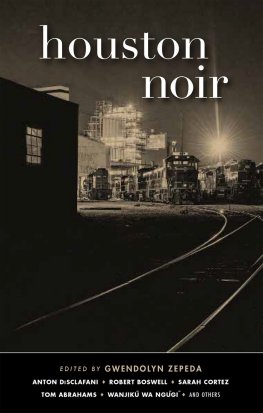
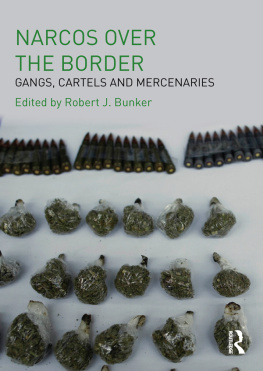
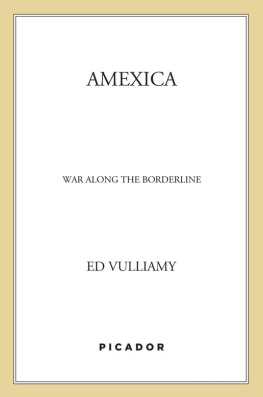

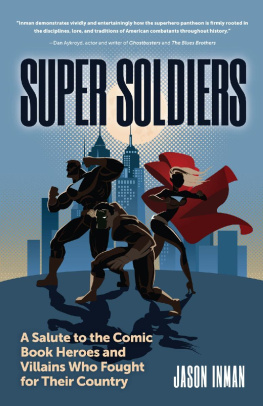
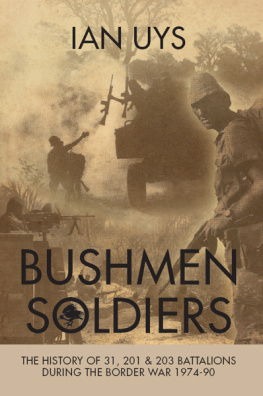
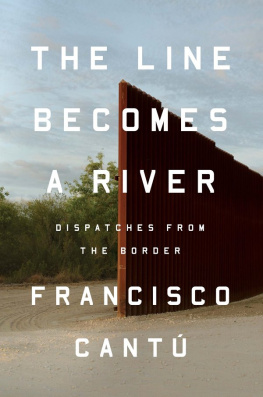

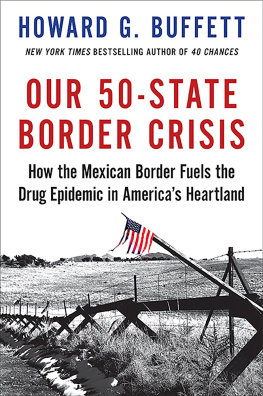
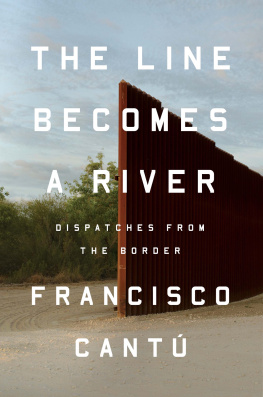


 The paper used in this publication meets the requirements of the American National Standard for Information SciencesPermanence of Paper for Printed Library Materials, ANSI Z39.48-1984.
The paper used in this publication meets the requirements of the American National Standard for Information SciencesPermanence of Paper for Printed Library Materials, ANSI Z39.48-1984.